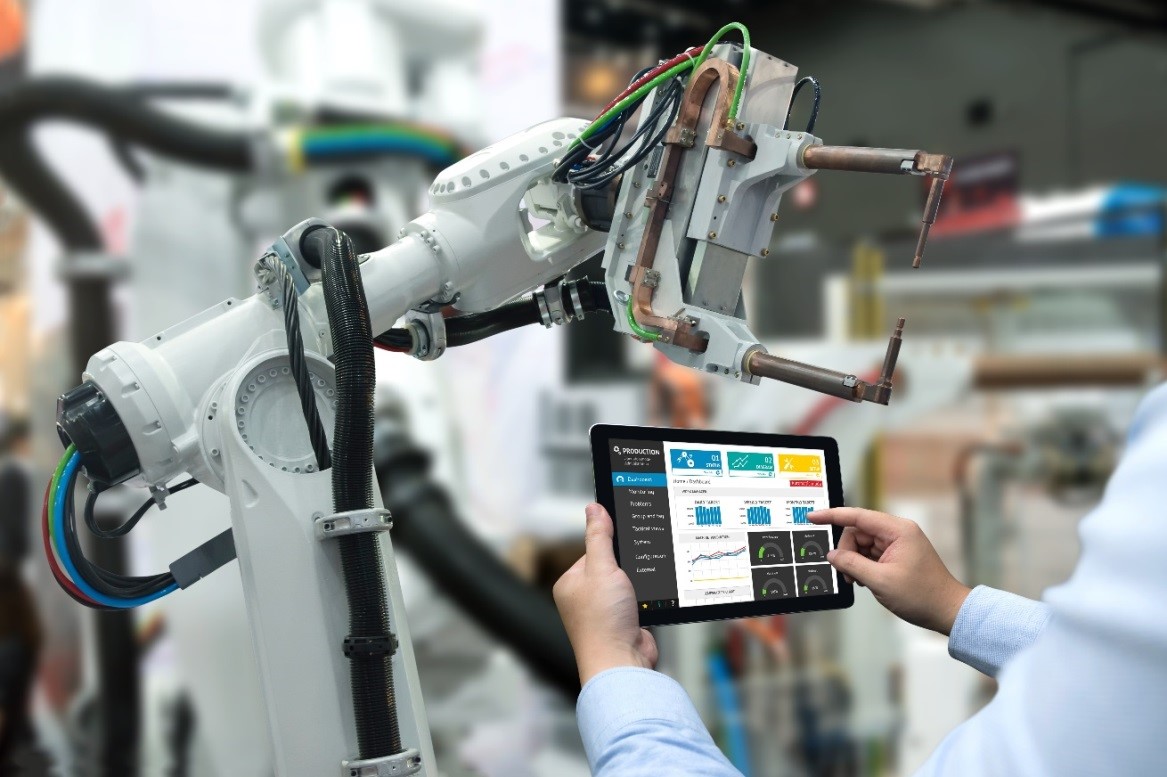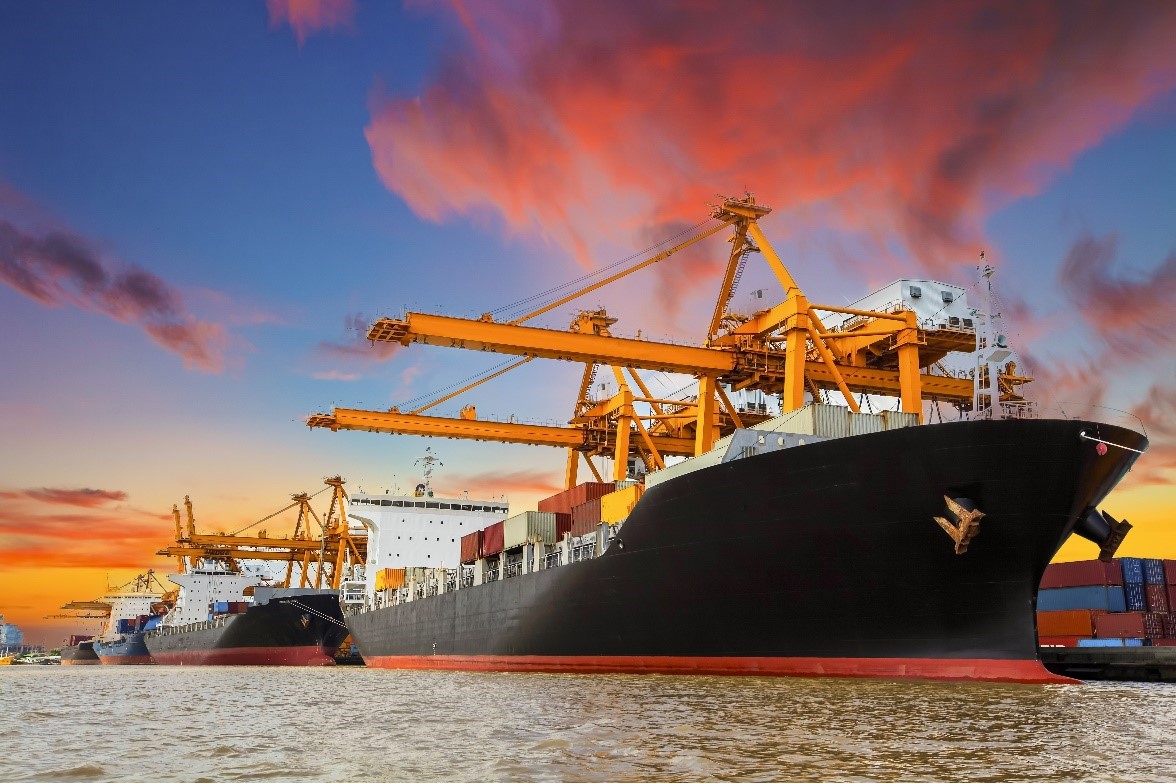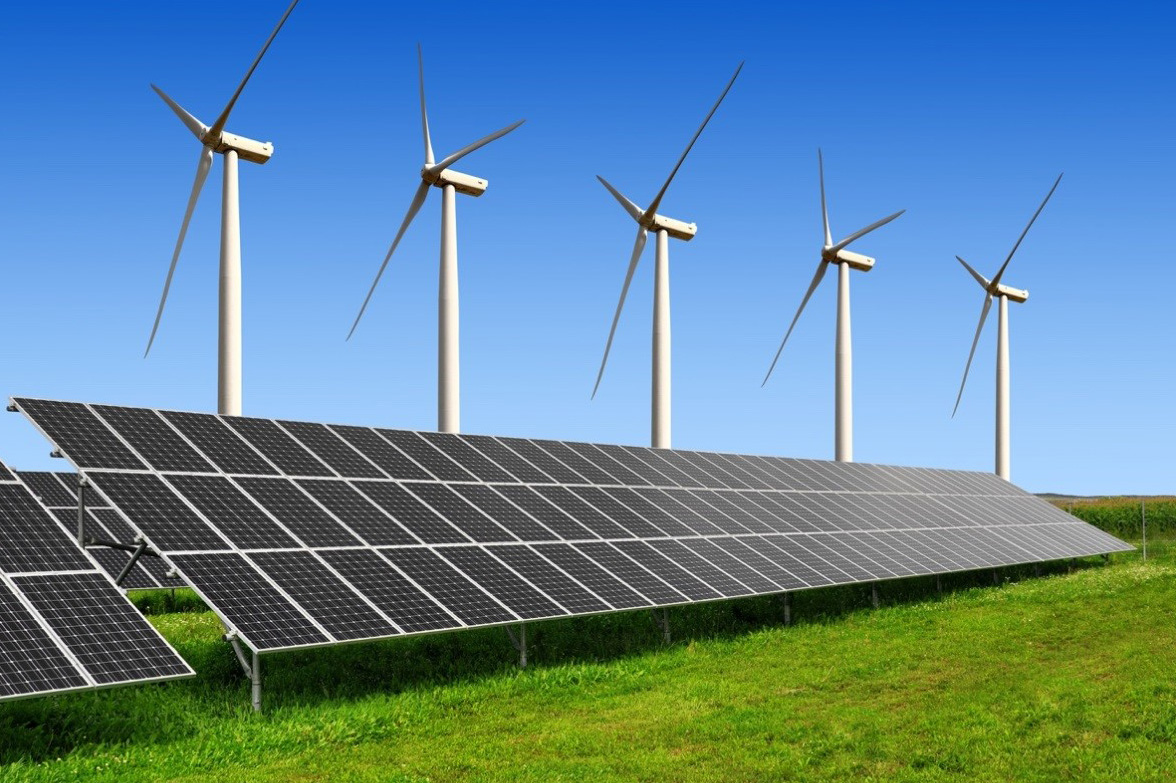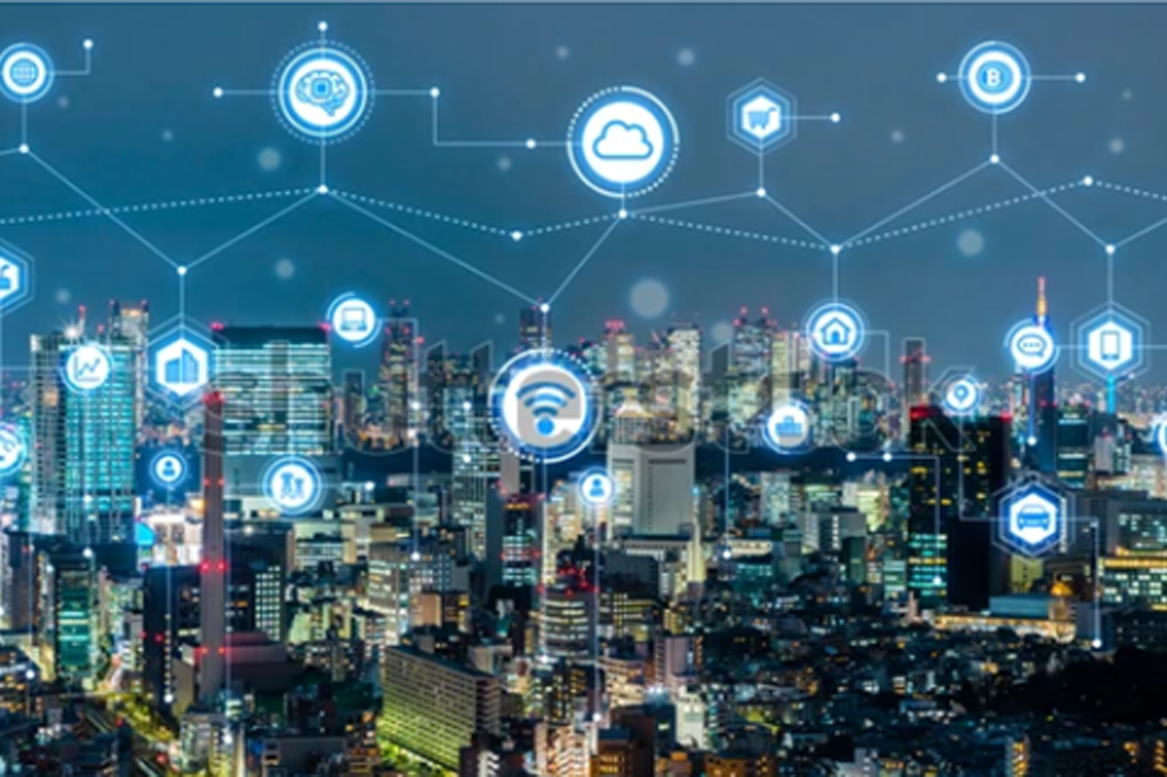Prototype City of Advanced Futuristic Industries (PAFI)
Strategically situated in the center between three giants- China, India, and Indonesia- where more than half of the global population resides, Thailand is known as a key geographic gateway to one of the most prosperous and fastest growing regions in the world.
Mission Promise to the Community
- No Petrochemical or Refinery Factories in the Industrial Complex
- Every Factories MUST Pass the EIA or EHIA Regulations as the Law Indicated
- Local Communities Receive First Priority when Choosing Contractors or Employees
- Companies in the Complex Must Pay VAT to the Local Government
- MUST Establish Different Community Funds for the Community's Needs
- Cooperate with the Community to Develop and Grow with Sustainability

Futuristic Advanced Industrial Park
Located in the Chana District, Songkhla, the Futuristic Advanced Industrial City (FAIC) will focus on investing in high-value advanced industries including but not limited to green power such as LNG combined cycle gas turbines, solar cells and modules, wind turbines, battery storages and EV cars; advanced electronics such as automatic machines, computer-controlled systems, artificial intelligence system, and communication system; building fundamental infrastructure such as deep seaport and product distribution center; promoting local agricultural and farming sectors by Bio-Fertilizers and Symbiotic products together with agricultural products downstream; promoting processing industries such as cold storages, meat processing plants, oleochemical and rubber industries; as well as biotechnology such as pharmaceutical and biomedical products and devices. We foresee that this project will generate more than 100,000 local employments, help drive economic growth and improve the livelihood of the local people.

Commercial Deep-Sea Port
Songkhla is a strategic coastal navigation point that is a direct corridor to the World’s busiest shipping route of Malacca & Singapore Straits to the South China Sea via the Gulf of Thailand by passing Vietnam & Cambodian water routes. However, due to current capacity limitations of current deep-sea port in Songkhla, containers shipped from the Port of Songkhla accounts for only 20-30% of the total quantity of containers from the region. More than 70-80% of all export products from Southern Thailand (i.e. rubbers and palm oil) must be transported inland via trucks or trains to deep-sea ports in Kelang and Penang in Malaysia before being exported to other regions worldwide. To this end, TPIPP plans on promoting, constructing, and operating a container deep-sea port, which is expected to bring increased shipment volumes and larger container vessels to the Southern Thailand, presenting opportunities for container terminal operators, shipyards, dockyards and related maritime and logistics businesses in Thailand.

Green Energy Hub
At the present, Southern Thailand is the only region in Thailand (excluding the Bangkok Metropolitan area) in which the demand for electricity surpasses production capacity. During peak hours, large quantity of electricity must be transported from different parts of Thailand as well as from neighboring countries, posing risks to electrical stability vital for industrial development. To provide electrical stability as well as support economic growth in the Southern Provinces, TPIPP plans to set up a green energy hub in the area, focusing on the production of clean and green energy from LNG as well as renewable energy from solar, and wind.

Smart City
To support and encourage innovation at the industrial estate, TPIPP also sees the importance of becoming an environmental-friendly region for its residents. In approximately 500 rai of land (200 acres), TPIPP intends to invest in a smart city with well-designed and modernized smart city plan that will provide a harmonious smart living environment for complete residential life in every aspect. The city will focus on the roles of technology and data (5G) as a key to manage data, information, assets, resources and services efficiently and economically, as well as improve the operation efficiency across the city. The smart city aims to serve as a one-stop-service and the center of finance, education, public healthcare, and other states-of-the-art infrastructures.

